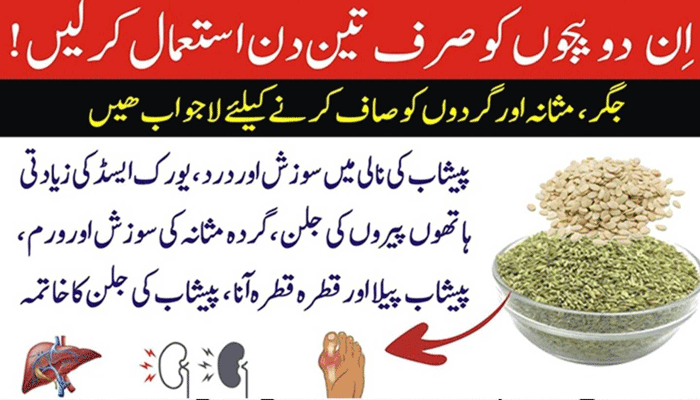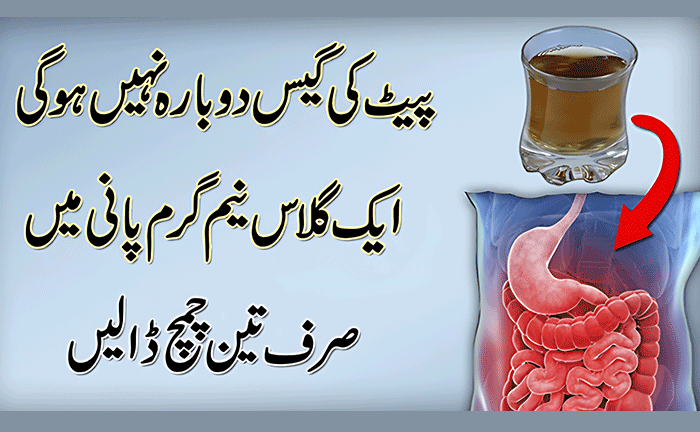
In the complex landscape of our body’s internal functions, the kidneys play a pivotal role in maintaining overall health. However, various factors can contribute to kidney disease, a condition that can silently progress without showing apparent symptoms.
In this article, we will explore the causes and symptoms of kidney disease, with a special focus on the impact of uric acid and cholesterol. Additionally, we will discuss simple home remedies that may aid in improving kidney function.
Home Remedies for Improved Kidney Function
Silent Threat: Up to 90% of people with kidney disease don’t know they have it. This is because early-stage kidney disease often doesn’t have any noticeable symptoms. Regular checkups, especially for those at high risk, are crucial for early detection and intervention.
Widespread and Growing: An estimated 1 in 3 adults in the US has some form of kidney disease. This number is rising due to factors like increasing diabetes and high blood pressure prevalence, both major risk factors.
Kidney Disease: The Silent Intruder
Kidney disease, often referred to as renal disease, encompasses a range of conditions that impair kidney function. These vital organs are responsible for filtering waste products and excess fluids from the blood, regulating blood pressure, and maintaining a balance of electrolytes in the body.
Causes of Kidney Disease
Understanding the root causes of kidney disease is crucial for prevention and early intervention. Common causes include hypertension, diabetes, and genetic predisposition. Other factors contributing to kidney disease include infections, autoimmune disorders, and prolonged use of certain medications.
Symptoms of Kidney Disease
Identifying kidney disease in its early stages is challenging, as symptoms may be subtle or absent. Nevertheless, there are telltale signs that should not be ignored. Fatigue, swelling in the ankles, changes in urine frequency and color, and persistent itching are all potential indicators of compromised kidney function.
Uric Acid and Cholesterol: Culprits in Kidney Health
Elevated levels of uric acid and cholesterol can exacerbate kidney problems. Uric acid crystals can accumulate in the kidneys, leading to kidney stones and decreased function. Likewise, high cholesterol levels can contribute to the formation of plaque in the blood vessels, reducing blood flow to the kidneys and impairing their function over time.
Home Remedies for Improved Kidney Function
While medical intervention is essential for managing kidney disease, certain home remedies may complement traditional treatments and contribute to improved kidney function.
Drinking Water: Good for Your Kidneys
Maintaining adequate hydration is fundamental to kidney health. Water helps flush out toxins and waste products from the body, reducing the burden on the kidneys. Aim for at least eight glasses of water a day, and consider incorporating hydrating foods such as watermelon and cucumber into your diet.
Balanced Diet: A Kidney-Friendly Approach
Adopting a kidney-friendly diet can significantly impact overall kidney health. Reduce sodium intake to support healthy blood pressure levels and limit the consumption of processed foods. Embrace a diet rich in fruits, vegetables, whole grains, and lean proteins. Foods like berries, apples, and fish contain antioxidants and omega-3 fatty acids, which can benefit kidney function.
Herbal Teas: Nature’s Soothing Agents
Certain herbal teas have been linked to improved kidney function. Dandelion tea acts as a natural diuretic, promoting the elimination of excess fluids and toxins. Nettle tea may help reduce inflammation and support kidney health. However, it’s crucial to consult with a healthcare professional before incorporating herbal remedies into your routine.
Regular Exercise: A Prescription for Kidney Vitality
Engaging in regular physical activity is not only beneficial for cardiovascular health but also supports kidney function. Exercise helps regulate blood pressure, manage diabetes, and maintain a healthy weight – all factors that contribute to overall kidney health.
FAQs
Q1: Can kidney disease be prevented?
A1: While not all kidney diseases can be avoided, living healthily helps a lot. Doing regular exercise, eating good food, and staying hydrated are key. Keep an eye on blood pressure, manage diabetes, and be careful with certain medicines to lower the chances.
Q2: Are there foods to avoid for kidney health?
A2: Yes, some foods can stress the kidneys. Cut down on salty and processed foods to keep your blood pressure in check. For those with kidney issues, limit red meat and dairy as they have lots of phosphorus. Remember, it’s wise to ask a healthcare expert or a dietitian for personalized advice.
Q3: Can kids get kidney disease too?
A3: Yes, kidney problems can affect anyone, including children. Some kids might have kidney issues from birth. Parents should watch out for signs like unusual urine changes and seek medical help if needed.
Q4: Can common painkillers harm the kidneys?
A4: Yes, using over-the-counter pain meds for a long time, especially NSAIDs, can hurt your kidneys. These drugs can reduce blood flow to the kidneys and might cause damage. Be careful with these meds and stick to recommended doses.
Q5: Can kidney disease be turned around?
A5: Sometimes, early-stage kidney disease can be reversed with the right steps. Managing things like high blood pressure and diabetes, living a kidney-friendly life, and following medical advice can slow or even undo kidney damage. But in serious cases, more intense treatments like dialysis or a transplant might be needed. Spotting the issue early and taking action is key for better results.
To keep your kidneys healthy, it’s important to know what causes kidney disease and recognize its symptoms. You can take the first step by understanding these aspects. By managing things like uric acid and cholesterol levels and using simple home remedies, you can actively help your kidneys. Eating well, staying hydrated, and exercising regularly are not just good for your overall health but also play a significant role in preventing kidney disease. Start taking care of your kidneys now for a healthier future.






